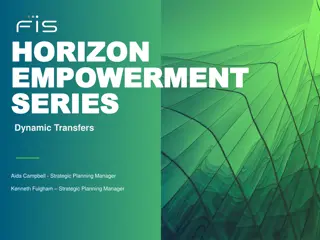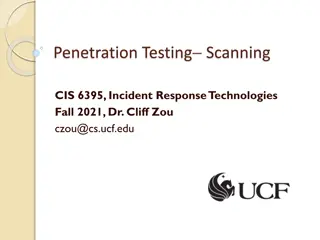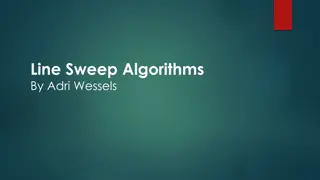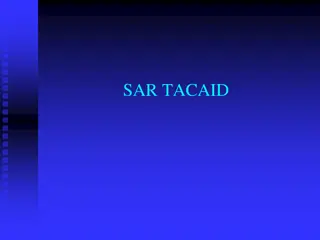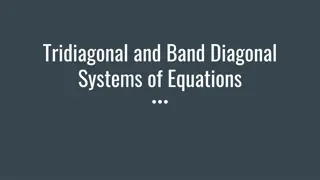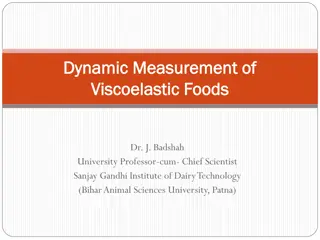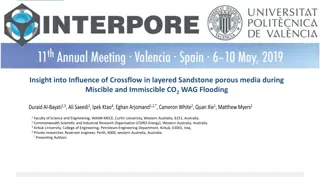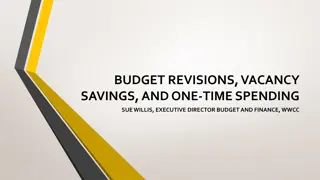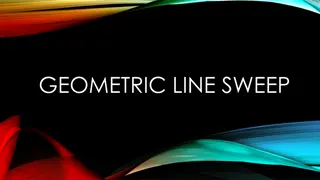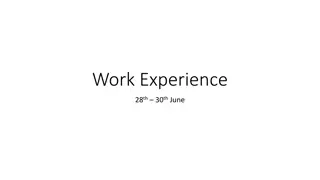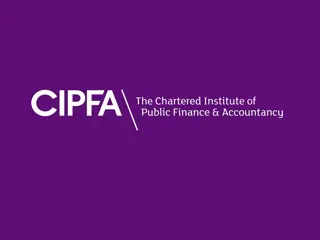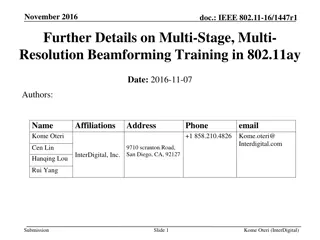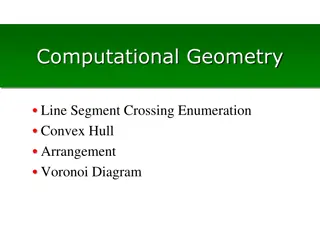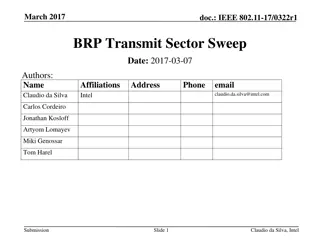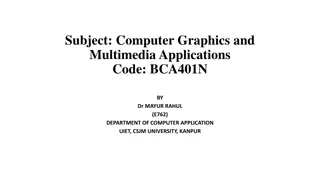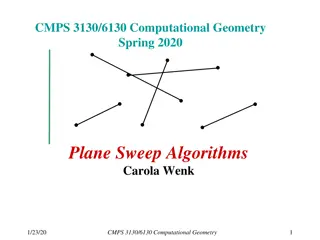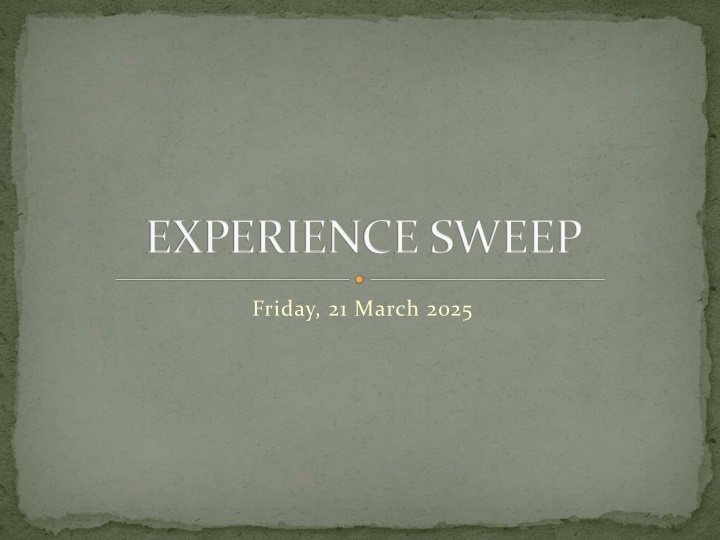
Interpreting Blake's Poem 'Experience Sweep' for Social Critique
Analyzing William Blake's poem "Experience Sweep" to uncover his critiques on the social system, parental neglect, religious hypocrisy, society's ignorance, and power dynamics, with a focus on historical context and revolutionary themes. Explore how color symbolism, parental responsibility, religious themes, and revolutionary ideas shape Blake's message in this thought-provoking poem.
Uploaded on | 1 Views
Download Presentation

Please find below an Image/Link to download the presentation.
The content on the website is provided AS IS for your information and personal use only. It may not be sold, licensed, or shared on other websites without obtaining consent from the author. If you encounter any issues during the download, it is possible that the publisher has removed the file from their server.
You are allowed to download the files provided on this website for personal or commercial use, subject to the condition that they are used lawfully. All files are the property of their respective owners.
The content on the website is provided AS IS for your information and personal use only. It may not be sold, licensed, or shared on other websites without obtaining consent from the author.
E N D
Presentation Transcript
EXPERIENCE SWEEP Friday, 21 March 2025
LOOKING FOR CLUES Can you find clues from the language of the poem to support the view that: Blake is attacking the social system of the day. Blake is angry that parents are ignoring their responsibilities Blake thinks that religious observance is some form of hypocrisy Blake thinks that society is unable to see the reality of the children s position Blake, the revolutionary, believes that the King has made himself more important than God. He does not like this. Each clue will be a quotation. You need to explain each clue you find
FIRST: Experience poems are generally answers or response to innocence. This poem seems to show a young boy who, unlike Tom Dacre, has recognised his position. It also reflects the context or political background to the poem.
SO: L1 An immediate symbolic use of the black/white contrast. But if white is good or heavenly what is the effect of the snow? The contrast continues in L6/7 where the snow is linked with clothes of woe .
PARENTS? There is a responsibility on all parents to care for children. Here they are failing. Why? Does the church blind them to what is going on? Are they hypocrites if they pray whilst letting their children suffer? They misunderstand in the last stanza. A smiling child is NOT necessarily happy What is the effect of L 10? What is Blake intending our response to be?
RELIGION Church seems to allow parents to hide from their actions in Stanza 1. The parents are superficially comforted in Stanza 3 and go to church What is the significance of the word order of L11? Is HEAVEN really based on the misery of the children? Or is this because of the perversion of the order of the trinity in L11?
REVOLUTION In 1789, Blake watched the French Revolution, thrilled. By 1794 it had degenerated into slaughter and the politics of envy. How might this link to the idea expressed in Stanza 2? The child seems to think that his happiness was the direct cause of his current misery. God, Priest, King is a reversal of order. They formed the major objects of hate during the revolution. What is the impression given here of the relative importance of this group? How might that link to the theme of Experience?



